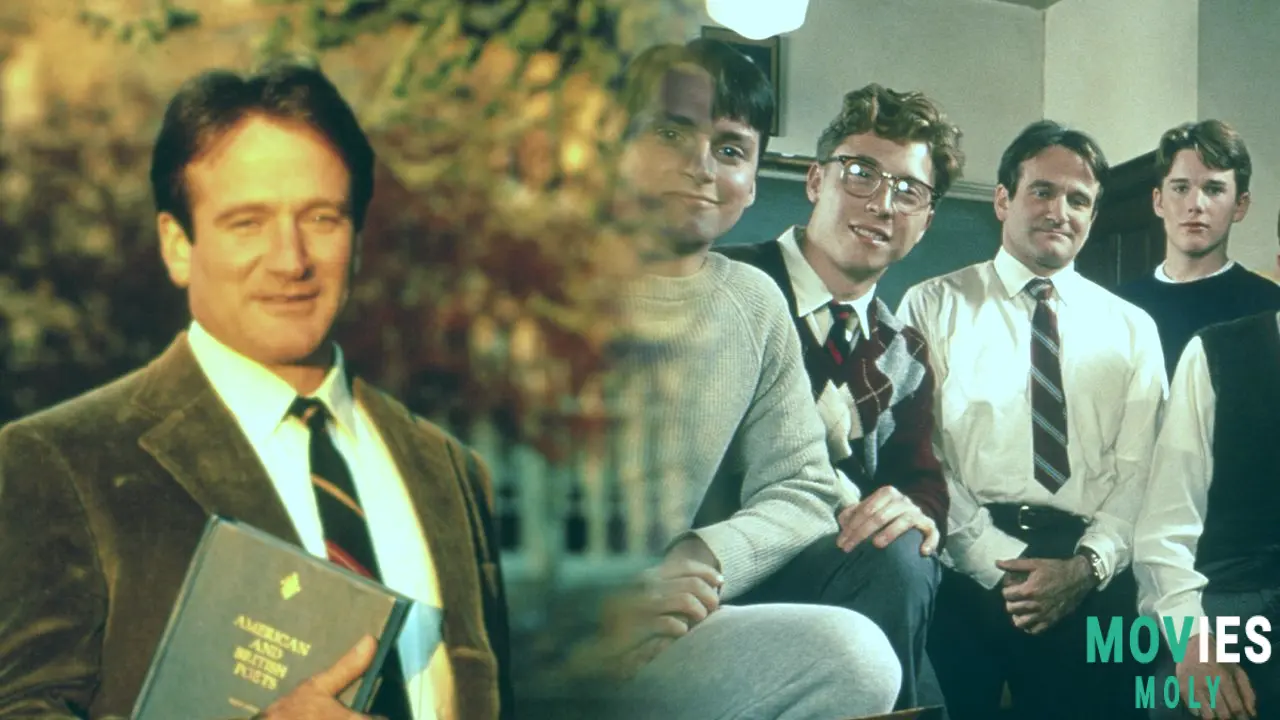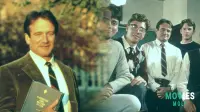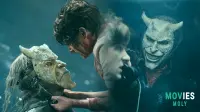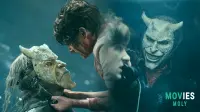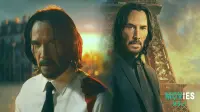Ethan Hawke just shared incredible behind-the-scenes insights into how Robin Williams brought his unique genius to Dead Poets Society, often ditching the script for pure magic and inspiring a young actor along the way.
TL;DR
- Ethan Hawke recently recalled Robin Williams' unscripted brilliance on the set of 1989's Dead Poets Society.
- Williams frequently improvised his lines and actions, never asking permission, a move that profoundly influenced a then 18-year-old Hawke.
- Director Peter Weir supported Williams' spontaneity, fostering a powerful collaborative environment that elevated the film beyond the original script.
We all know Dead Poets Society as a classic, but imagine being on set as an 18-year-old actor, watching a legend at work. That's exactly what Ethan Hawke experienced while filming the beloved 1989 drama. In a recent career retrospective interview with Vanity Fair, Hawke opened up about the profound impact Robin Williams had on him, particularly Williams's unconventional approach to the script.
Hawke, who played student Todd Anderson in the film, remembers being just "four feet away" from the magic, observing the dynamic between Williams and director Peter Weir. It was a masterclass in creativity and collaboration, one that he says, "you don’t unsee." Williams, a recognized "comic genius," was still relatively new to dramatic acting at the time, which made his method even more fascinating.
Robin Williams: The Master of Unscripted Genius and Bold Choices
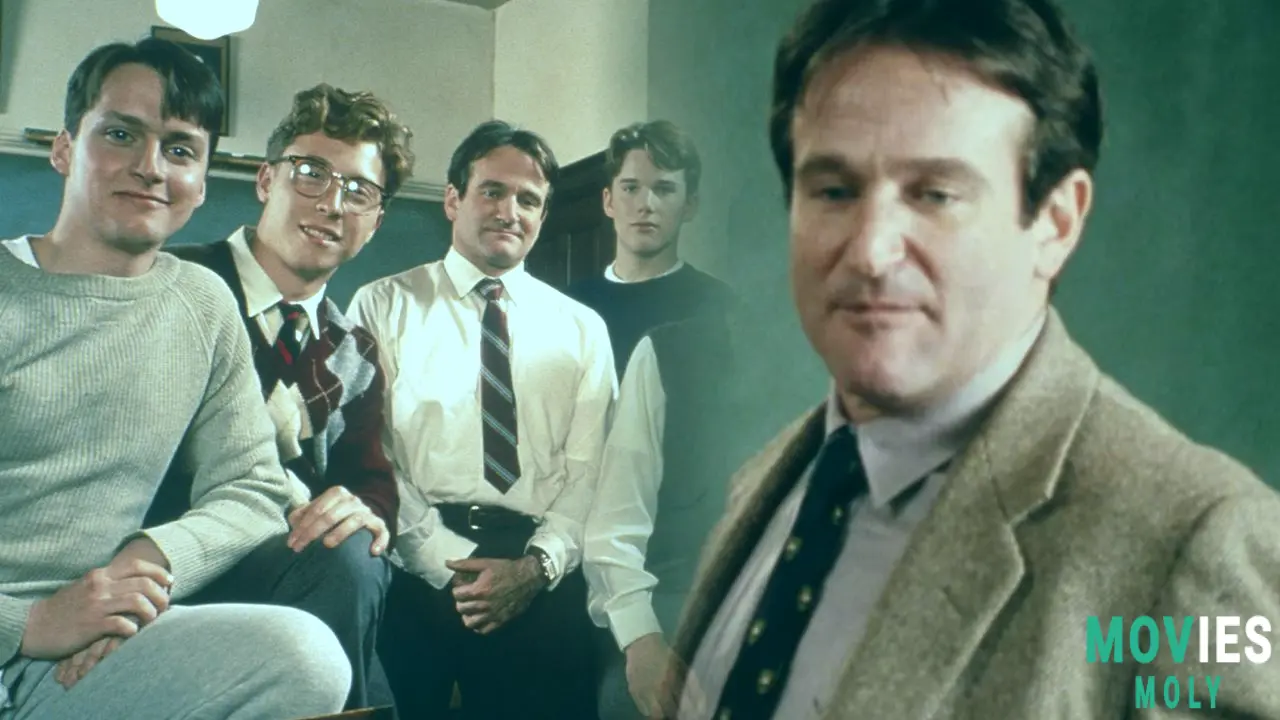
What truly blew young Ethan Hawke's mind was Williams's fearless approach to the screenplay. According to Hawke, Williams "didn’t do the script." Instead, if the late actor had an idea, "he just did it. He didn’t ask permission." This wasn't a defiance of the director but a natural flow of his creative energy, something that completely revolutionized Hawke’s understanding of acting.
"Robin Williams didn’t do the script, and I didn’t know you could do that. If he had an idea, he just did it. He didn’t ask permission. And that was a new door that was opened to my brain, that you could play like that."
— Ethan Hawke, speaking to Vanity FairFor a burgeoning actor, this was an eye-opening revelation. It showed Hawke that performance wasn't just about adhering strictly to the written word, but about bringing a unique, living energy to the character, pushing boundaries, and trusting one's instincts. Williams's ability to seamlessly weave improvisation into the dramatic fabric of the film speaks volumes about his talent and dedication to his craft.
The Art of Collaboration: Peter Weir's Trust in Williams' Vision
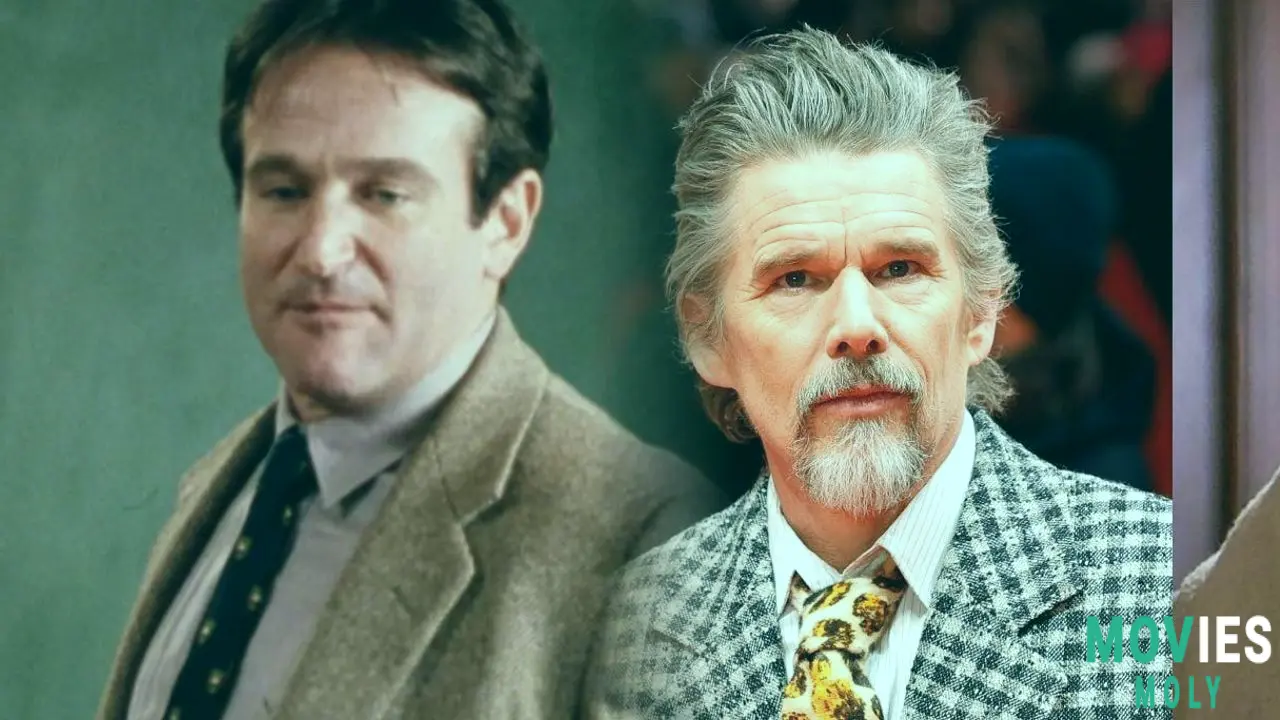
While Williams’s methods were certainly unique, they weren’t unchecked. Director Peter Weir, known for his meticulous vision, proved to be an equally vital part of this dynamic. Hawke recalled that Weir "liked it, as long as we still achieved the same goals that the script had." This wasn't about chaos; it was about a trusted partnership where creative freedom was balanced with narrative integrity.
Hawke emphasized the mutual respect between Weir and Williams, despite their "very different way of working." He noted, "They didn’t judge one another or resist one another. They worked with each other." This collaborative spirit allowed the film to transcend individual perspectives, becoming something truly powerful. "That’s when you get at the stuff of what great collaboration can do," Hawke explained, highlighting how a movie can become "bigger than one person’s point of view" by "containing multiple perspectives." This kind of synergy between director and actor is what often elevates a good film to a truly great one, allowing for those moments of unexpected brilliance that stick with audiences for decades.
How This Experience Shaped a Generation of Filmmakers and Actors
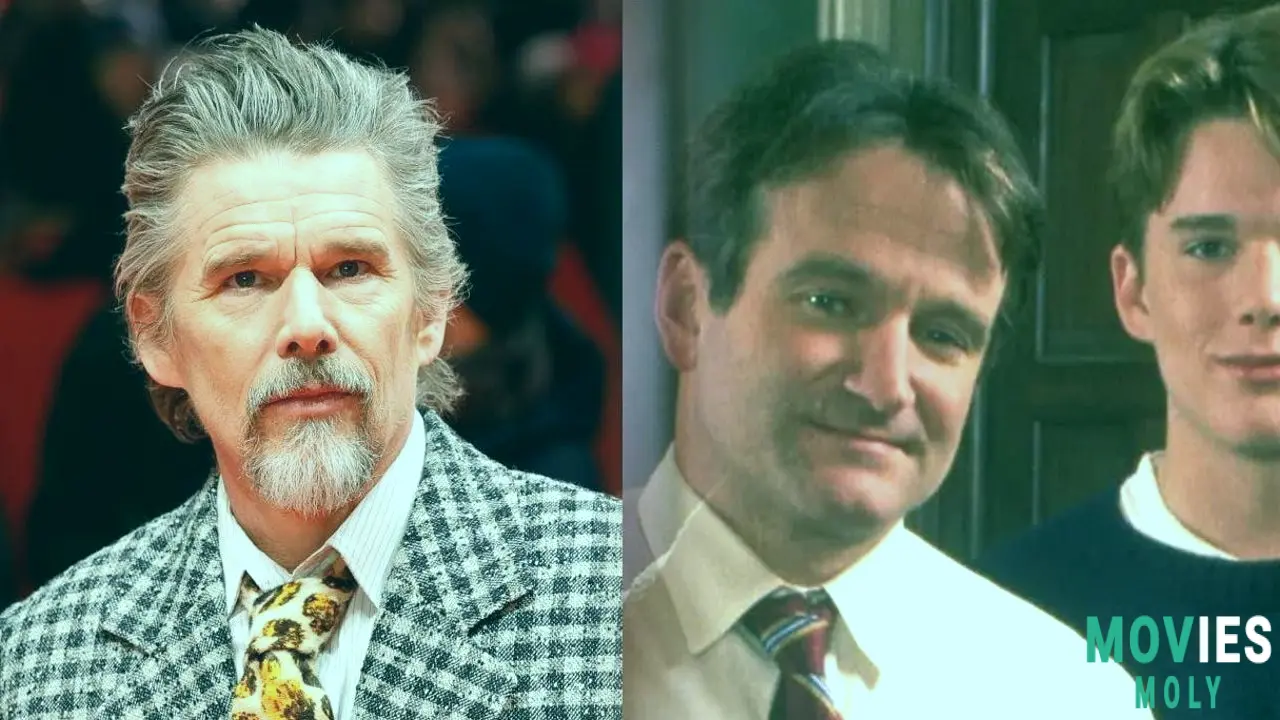
For Ethan Hawke, observing this incredible dynamic at such a formative age was transformative. It wasn't just a role; it was an education. Seeing Williams's courage to improvise and Weir's wisdom to embrace it taught him that acting could be a much more fluid and imaginative process than he initially realized. This early lesson in creative freedom and the power of collaboration undoubtedly influenced his own illustrious career, which includes acclaimed performances in films like Training Day and the Before trilogy, and recent projects such as Black Phone 2 and Blue Moon.
The film itself, set in 1959 at a prestigious New England boys’ boarding school, tells the story of John Keating (Williams), a maverick English teacher who inspires his students to embrace poetry and self-expression with the mantra "Carpe Diem!" It's a message that resonated deeply with audiences and critics alike, earning the film an Academy Award for Best Writing, Screenplay Written Directly for the Screen. Williams also received an Oscar nomination for Best Actor, Weir for Best Director, and the film was nominated for Best Picture, cementing its place in cinematic history.
Dead Poets Society: A Timeless Tale Enhanced by Live Performance
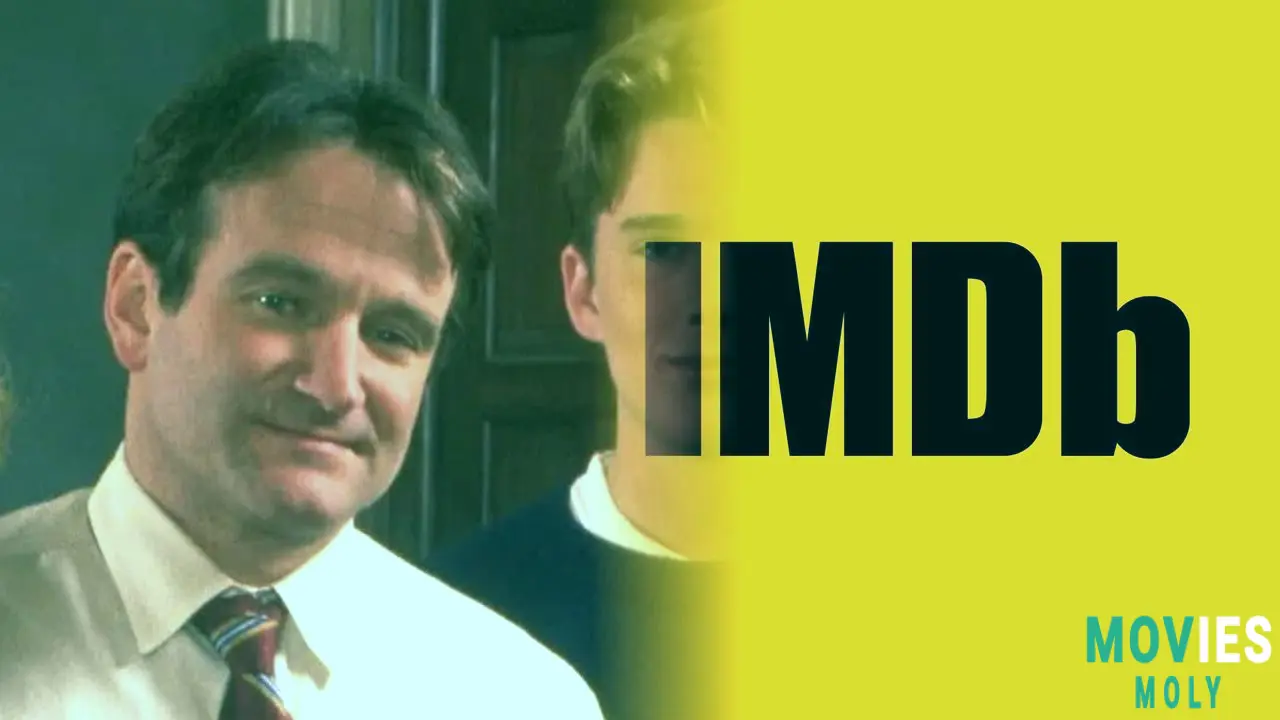
Dead Poets Society wasn't just a critical success; it was a box office hit, raking in $235 million worldwide and becoming the fifth-highest-grossing film of 1989. This commercial and critical acclaim speaks to the enduring appeal of its themes: challenging conformity, finding your voice, and the profound impact a passionate teacher can have. Robin Williams’s unscripted moments likely imbued his character, John Keating, with an even greater sense of authenticity and spontaneity, making his inspirational speeches feel truly alive and unpredictable, much like the spirit he encouraged in his students.
Hawke’s recent recollections remind us that the magic we see on screen often comes from unexpected places – from the bold choices of a singular talent like Robin Williams, and the trusting guidance of a visionary director like Peter Weir. It’s a testament to the idea that true artistry flourishes when creativity is given room to breathe, even if it means veering off the script, and that the best Movies are often born from a "collective imagination" that transcends any single point of view.
Frequently Asked Questions About Dead Poets Society
Where can I watch Dead Poets Society right now? While streaming availability can change, Dead Poets Society is often available to rent or buy on major digital platforms like Amazon Prime Video, Apple TV, Google Play, and YouTube. Check your preferred service for current options! Who were the main actors in Dead Poets Society? The film starred Robin Williams as John Keating, with a talented ensemble of young actors including Ethan Hawke as Todd Anderson, Robert Sean Leonard as Neil Perry, Josh Charles as Knox Overstreet, and Gale Hansen as Charlie Dalton. What awards did Dead Poets Society win? Dead Poets Society won the Academy Award for Best Writing, Screenplay Written Directly for the Screen. It also received Oscar nominations for Best Picture, Best Actor (Robin Williams), and Best Director (Peter Weir). What is Dead Poets Society about? Set in 1959, the film follows John Keating, an unconventional English teacher at a conservative all-boys preparatory school, who inspires his students to "seize the day" (Carpe Diem) through poetry and independent thought, challenging the school's rigid traditions.Sources
- The Hollywood Reporter
- Variety
- JoBlo
- Evolve Editors / ComingSoon

